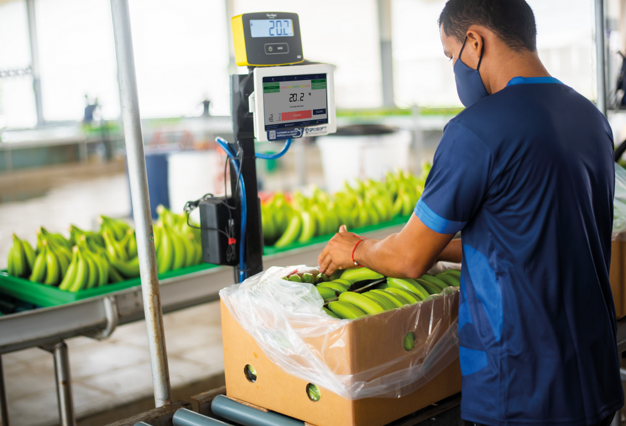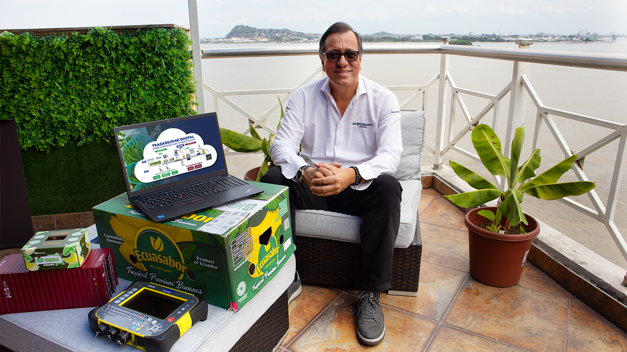Adopting technology has become essential to responding to the international markets’ productivity, sustainability, and traceability challenges.
Digital traceability has emerged as a solution to integrate and connect the different actors in the agricultural chain, from producers to supermarkets. This system makes it possible to track a product’s entire process in real-time, from where it’s grown to its arrival at the final consumer.
The system is called AgriTrace, by Agrosoft Latam, a platform that digitizes traditional traceability processes by integrating technologies such as blockchain, IoT sensors, and geolocation. This transformation provides accurate, secure, and accessible data at all times, facilitating transparency and regulatory compliance for importers, wholesalers, retailers, and supermarket chains.
Geofences, ERP platforms, digital imaging, and API technologies ensure that source data, such as place of production, labor, and use of inputs, are accurate and verifiable. “We can now connect exporters, shipping lines, and ports through digital data adding value to the entire logistics chain,” stated Xavier Cardenas, general manager of Agrosoft.

Agrosoft has been developing efficiency and sustainability-oriented technologies for more than two decades. Their technologies have mainly been used for crops such as bananas. The company not only addresses production and exports. It also connects the different links in the agricultural chain through business management systems (ERP) that integrate existing technologies, such as drones, sensors, and weather stations. This integration allows producers and exporters to improve productivity and reduce costs.
The pandemic marked a turning point in technology adoption in the region. “We have responded to this trend with solutions that facilitate the digitization of processes such as logistics management and certification of agricultural products. We have reduced costs for small and medium-sized producers through SaaS models and cloud technologies, promoting technological inclusion in rural areas,” Cárdenas stated.

Despite progress, rising logistics and energy costs present significant challenges. To mitigate these effects, Agrosoft relies on artificial intelligence tools that optimize crop planning and minimize losses. “Some prominent examples are the development of a chatbot that allows producers to obtain key data in real-time, improving decision-making, models that optimize crop planning, and tools such as virtual weather stations that minimize risks associated with climate variability. Artificial intelligence, in combination with digital data, makes it possible to improve the crops’ productivity and profitability,” he added.
“Digital traceability ensures product quality and generates confidence in international markets, especially in the European Union, the United States, and Japan. The goal is to consolidate a common language that allows for more efficient collaboration between supply and demand,” he stated.
“Technological advances have allowed managing different resources, such as water and soil, more efficiently. In addition, the professionalization of agricultural work has contributed to decreasing migration from the countryside to the cities, by offering job opportunities in rural areas,” Cárdenas said.
![]() For more information:
For more information:
Xavier Cárdenas
Agrosoft
Tel: +593 99 895 8930
Email: [email protected]
www.agrosoftlatam.com
This post was originally published on here






